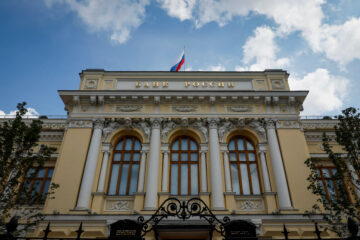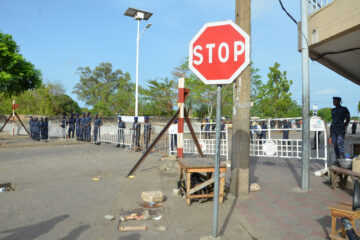China seeks to soothe sea rifts at Asia summit
Asian leaders met against a backdrop of divisive territorial disputes and flagging free trade efforts Wednesday, with China flexing more diplomatic muscle in the absence of US President Barack Obama.
The summit\’s host, the Sultan of Brunei, Hassanal Bolkiah, opened the meeting by noting there has been “some progress” towards ASEAN\’s goal of regional integration of ten economies (Burma, Brunei, Cambodia, Laos, Indonesia, Malaysia, the Philippines, Singapore, Thailand and Vietnam) in two years’ time.
“But overall, we must continue to show greater political will in doing all we can to realize our community goals by 2015,” said the Sultan.
Chinese Premier Li Keqiang takes the baton at the meetings in Brunei from President Xi Jinping, who took centre-stage at an Asia-Pacific summit in Bali with Obama stuck at home due to the US government shutdown.
The two days of talks in Brunei also include the United States, Japan, and South Korea.
Another big issue for ASEAN is a maritime code of conduct. It focuses on the territorial dispute involving China and several other member nations regarding navigation of the South China Sea.
The previous ASEAN Summit came close to what analysts termed a diplomatic implosion when the maritime issue prevented the group, for the first time, from issuing a joint communiqué.
This week, China\’s foreign ministry spokesperson, Hua Chunying, made it clear while speaking to reporters in Beijing on Tuesday that discussions about the financial crisis faced by Southeast Asia, not the territorial disputes, should be the priority at this year\’s ASEAN summit.
Hua said “China should make joint efforts to maintain peace and stability of the South China Sea without adopting any action that may complicate the situation in the region.”
The ASEAN meeting will be followed on Thursday by the East Asia Summit. Two high profile leaders will not be attending: U.S. President Barack Obama and Russian President Vladimir Putin.
ASEAN is also pushing an ambitious 16-nation free trade zone called the Regional Comprehensive Economic Partnership, which also involves Australia, China, India, Japan, South Korea and New Zealand.
The initiative is seen as rivalling the Trans-Pacific Partnership, a 12-nation trade pact championed by Washington.
Source: AFP and agencies
[do_widget_area inner_adsbar]









